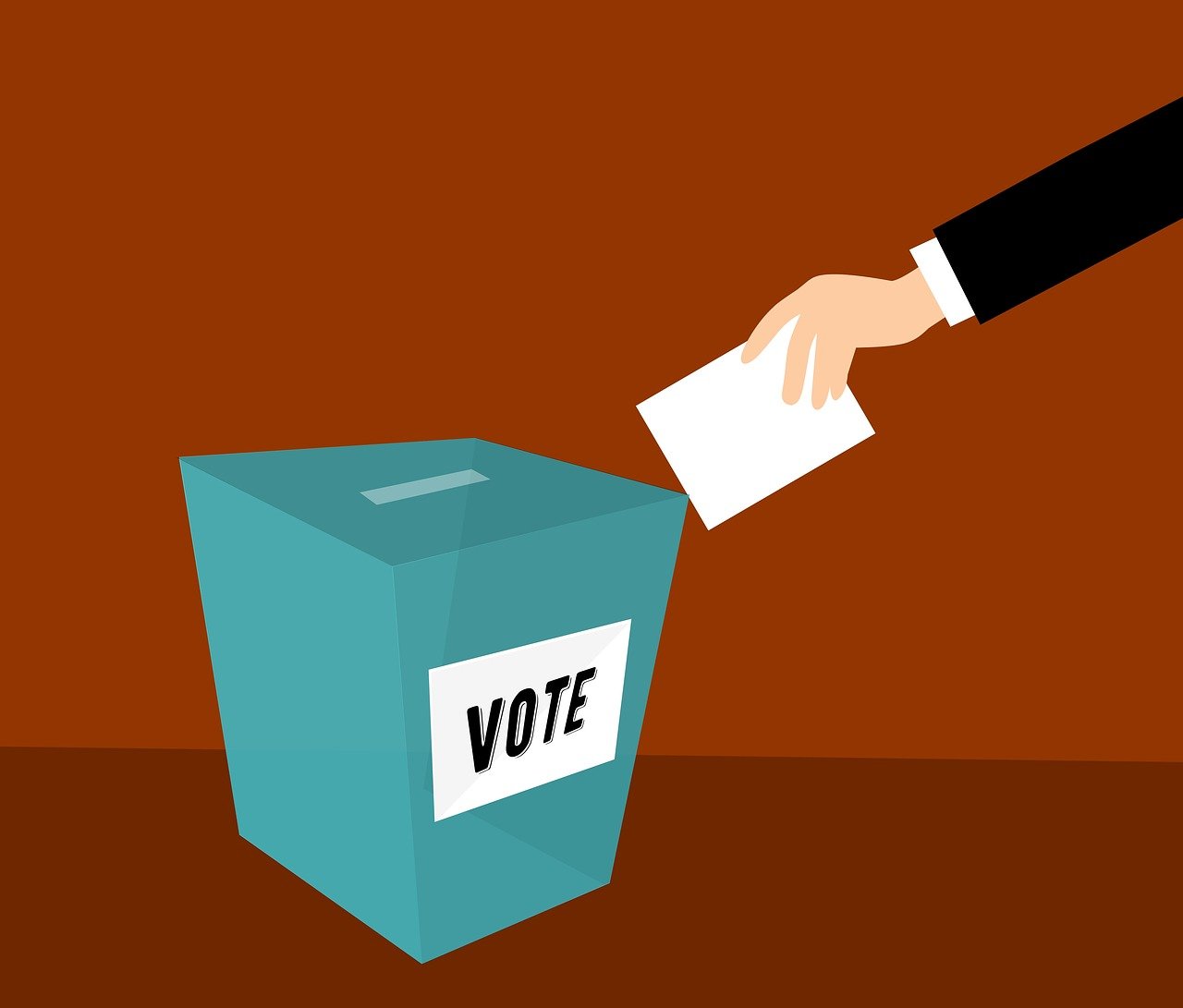
403
Sorry!!
Error! We're sorry, but the page you were looking for doesn't exist.
Millions of Iraqis head to polls for new parliament
(MENAFN) On Tuesday, millions of Iraqis will cast their ballots to elect a new parliament, determining the country’s political trajectory for the next four years.
The electoral commission reports that 7,743 candidates are contesting parliamentary seats, including 2,247 women. Iraq’s electoral law mandates that no less than 25% of seats—at least 83—are reserved for women, along with nine seats designated for national or religious minorities at either provincial or national levels.
Roughly 21 million voters are eligible to participate in the elections for the 329-seat parliament, which is responsible for electing the president and granting confidence to the government.
Baghdad leads in registered voters, with 2,373,963 eligible citizens, according to the commission. Voting will run from 7 a.m. local time (0400 GMT) to 6 p.m. (1500 GMT) without extensions. Results are expected within 24 hours, pending official confirmation after any appeals are reviewed.
Prime Minister Mohammed Shia Al-Sudani announced that no curfew will be imposed on election day to facilitate voter participation, reflecting improved security compared to previous elections, which saw curfews or stringent measures such as border and airport closures in 2014, 2018, and 2021.
The Interior Ministry has deployed 159,000 officers and personnel under a flexible security plan to ensure smooth conduct of the elections. A special vote was held on Sunday for security personnel and internally displaced citizens, with turnout described by the Independent High Electoral Commission (IHEC) as “unprecedented,” reaching 82.52% of 1,313,859 voters.
Observers expect a fragmented distribution of votes and seats, maintaining the traditional allocation of key government positions among different ethnic and religious groups. Analysts note that the large number of candidates and diverse lists makes the dominance of any single main list unlikely.
Iraq’s last legislative elections took place on Oct. 10, 2021, following protests that forced former Prime Minister Adil Abdul-Mahdi to resign. Mustafa Al-Kadhimi succeeded him and oversaw that vote. The current parliament, largely controlled by Shia parties and blocs, began its term on Jan. 9, 2022, and will end on Jan. 8, 2026. Iraqi law requires that legislative elections be held at least 45 days before the expiration of a parliament’s term.
Traditionally, Iraq’s top government roles are distributed along sectarian lines: the presidency goes to Kurds, the prime ministry to Shias, and the parliamentary speakership to Sunnis, ensuring broad representation across the country’s diverse population.
The electoral commission reports that 7,743 candidates are contesting parliamentary seats, including 2,247 women. Iraq’s electoral law mandates that no less than 25% of seats—at least 83—are reserved for women, along with nine seats designated for national or religious minorities at either provincial or national levels.
Roughly 21 million voters are eligible to participate in the elections for the 329-seat parliament, which is responsible for electing the president and granting confidence to the government.
Baghdad leads in registered voters, with 2,373,963 eligible citizens, according to the commission. Voting will run from 7 a.m. local time (0400 GMT) to 6 p.m. (1500 GMT) without extensions. Results are expected within 24 hours, pending official confirmation after any appeals are reviewed.
Prime Minister Mohammed Shia Al-Sudani announced that no curfew will be imposed on election day to facilitate voter participation, reflecting improved security compared to previous elections, which saw curfews or stringent measures such as border and airport closures in 2014, 2018, and 2021.
The Interior Ministry has deployed 159,000 officers and personnel under a flexible security plan to ensure smooth conduct of the elections. A special vote was held on Sunday for security personnel and internally displaced citizens, with turnout described by the Independent High Electoral Commission (IHEC) as “unprecedented,” reaching 82.52% of 1,313,859 voters.
Observers expect a fragmented distribution of votes and seats, maintaining the traditional allocation of key government positions among different ethnic and religious groups. Analysts note that the large number of candidates and diverse lists makes the dominance of any single main list unlikely.
Iraq’s last legislative elections took place on Oct. 10, 2021, following protests that forced former Prime Minister Adil Abdul-Mahdi to resign. Mustafa Al-Kadhimi succeeded him and oversaw that vote. The current parliament, largely controlled by Shia parties and blocs, began its term on Jan. 9, 2022, and will end on Jan. 8, 2026. Iraqi law requires that legislative elections be held at least 45 days before the expiration of a parliament’s term.
Traditionally, Iraq’s top government roles are distributed along sectarian lines: the presidency goes to Kurds, the prime ministry to Shias, and the parliamentary speakership to Sunnis, ensuring broad representation across the country’s diverse population.

Legal Disclaimer:
MENAFN provides the
information “as is” without warranty of any kind. We do not accept
any responsibility or liability for the accuracy, content, images,
videos, licenses, completeness, legality, or reliability of the information
contained in this article. If you have any complaints or copyright
issues related to this article, kindly contact the provider above.


















Comments
No comment